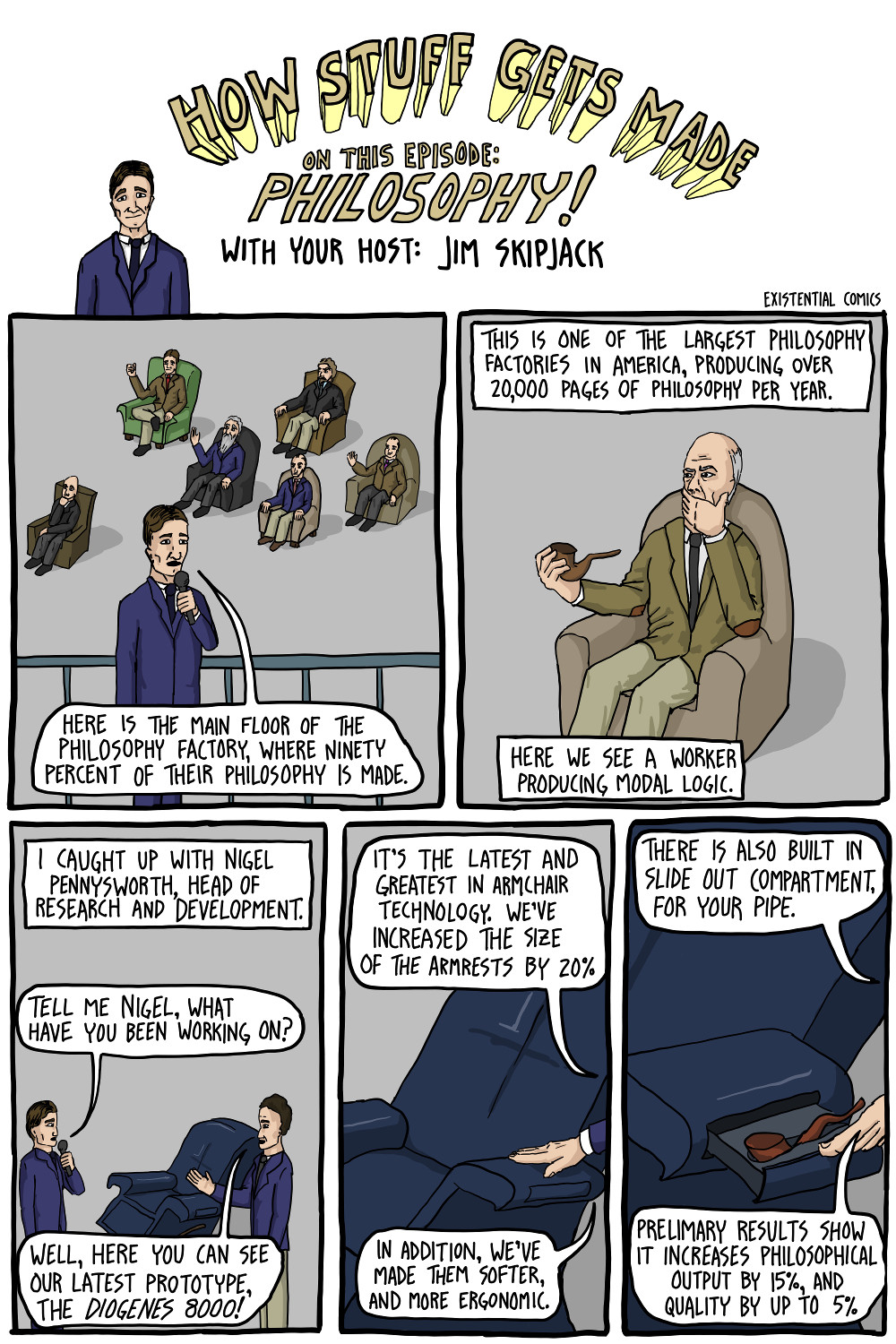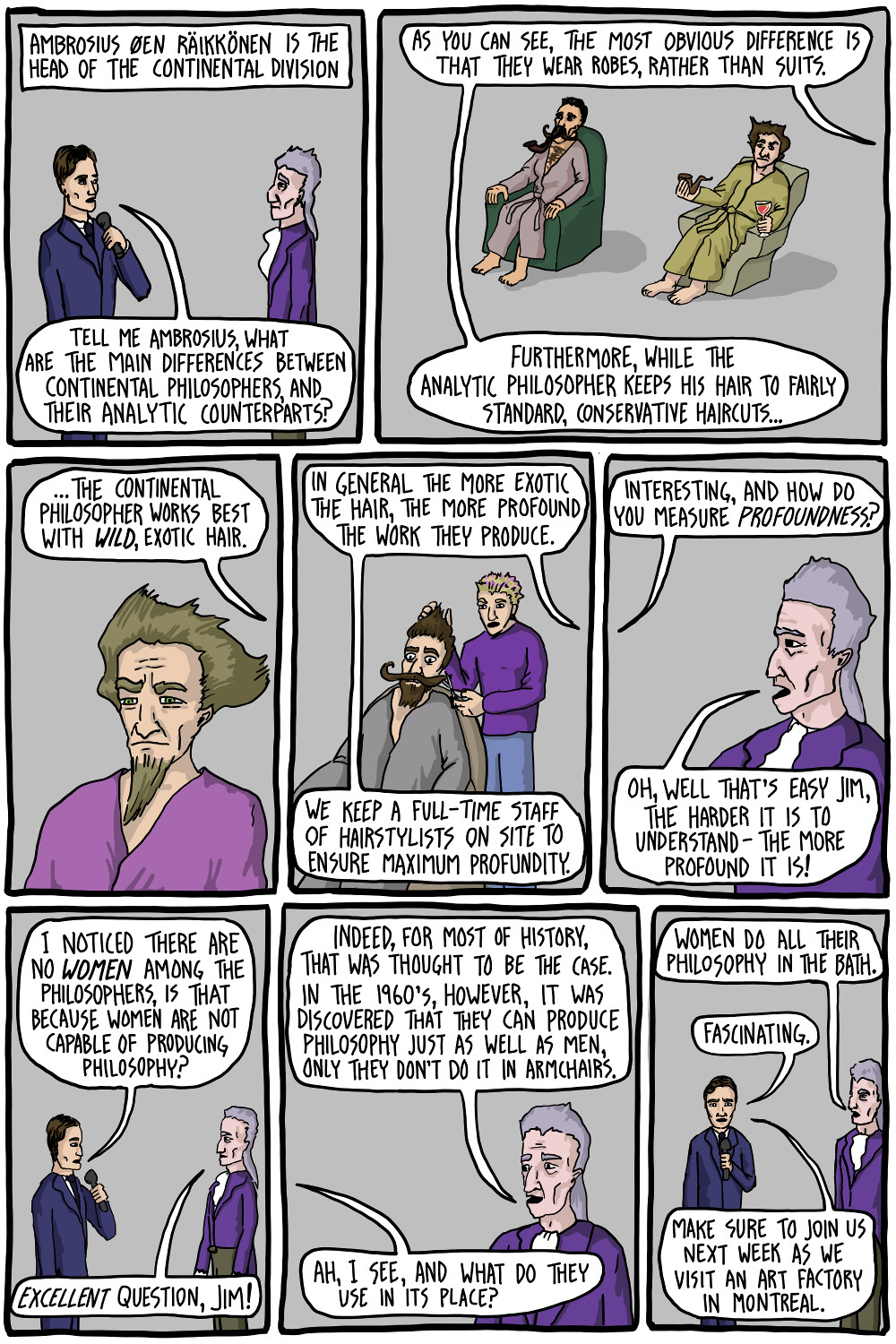Odradek's dumping grounds for philosophical thinkings and bricolage


Howdy, Stranger!
It looks like you're new here. If you want to get involved, click one of these buttons!


It looks like you're new here. If you want to get involved, click one of these buttons!
Comments
but iirc he was initially an admirer of Wagner but went off him, and one reason for that was that he no longer found Wagner's antisemitism tolerable